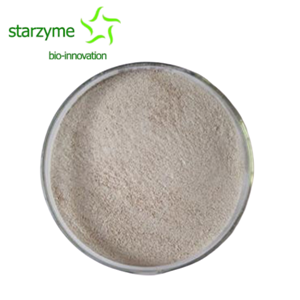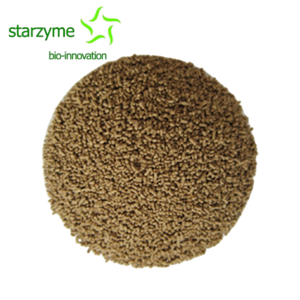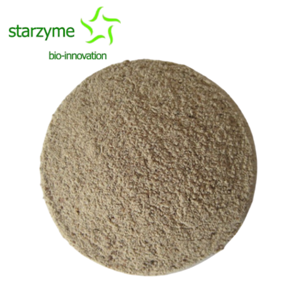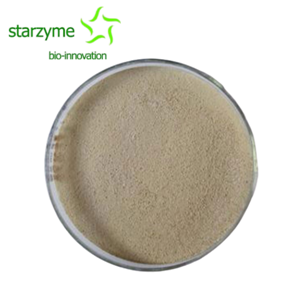Mechanisms of Action of Bacillus amyloliquefaciens in Agricultural Production
1、 Basic knowledge
Bacillus amyloliquefaciens belongs to the genus Bacillus and is a common soil bacterium. This type of bacteria has strong adaptability and can survive and function in different soil environments. It has the ability to decompose starch, produce antibiotics and growth promoting substances, which can have a positive effect on crop growth.
2、 The role in crop growth
1. Promote plant growth. Bacillus amyloliquefaciens can produce plant hormones such as auxin and cytokinin, which can promote plant growth and development, enhance plant photosynthesis ability and stress resistance, increase crop leaf area, renew quickly, and fully utilize sunlight and nutrients.
2. Enhance the immunity of plants. Bacillus amyloliquefaciens can promote plant stress resistance and enhance plant immunity. It can promote the synthesis of enzymes and proteins with disease resistance in plants, and also induce the production of secondary metabolites such as flavonoids, enhancing the plant's defense against diseases.
3. Degradation of organic matter in soil. Bacillus amyloliquefaciens can decompose organic matter in soil, produce organic acids and other substances, improve soil texture, and make soil more suitable for crop growth.
3、 Application of in agricultural production
The development of bio fertilizers using Bacillus amyloliquefaciens has gradually become an important means of agricultural production. Biological bacterial fertilizer has the advantages of environmental protection, non toxicity, and non pollution, and can be widely used in the production of various crops. Bacillus amyloliquefaciens, as one of the most commonly used microbial fertilizers, is widely used in agricultural production. It can be introduced into the crop growth environment through seed soaking, soil spray, irrigation and other ways to improve the yield and quality of crops.
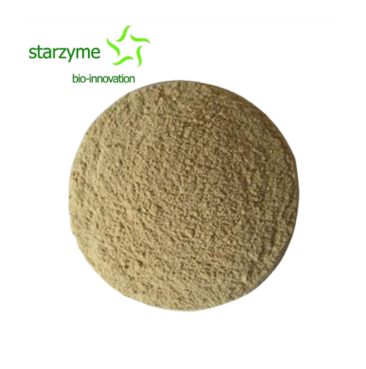
【 Conclusion 】
In the future, with the development of biological technology and microbiology, it is believed that Bacillus amyloliquefaciens will play a more important role in agricultural production due to its ability to promote crop growth and yield, increase overall immunity to disease, and break down organic matter in soil to improve texture.
【 Usage and dosage 】
1. Fermented organic fertilizer: Used together with Bacillus subtilis and other microorganisms, it is recommended to add 300g~500g/ton;
2. Preparation of organic fertilizer: Mix 1-2kg/acre of this product with farmyard manure, chemical fertilizer, or an appropriate amount of fine soil, and apply it as bottom or top dressing. Transplanted crops can also be applied in holes or trenches. When mechanically fertilizing, mix this product with chemical fertilizer and apply it to the soil along with the fertilizer, or spray it directly with water;
3. On the seedbed: Use 5g~10g of this product per standard seedbed, mix well with the seedbed soil, and sow;
4. Potted flowers: 1-2 grams of this product can be used per kilogram of potting soil.
【 Precautions 】
1. Do not use it together with fungicides, antibiotics, disinfectants or other products;
2. Store in a cool and dark place, avoiding strong sunlight exposure.

